-
Latest Version
-
Operating System
Windows 7 64 / Windows 8 64 / Windows 10 64 / Windows 11
-
User Rating
Click to vote -
Author / Product
-
Filename
eclipse-SDK-4.29-win32-x86_64.zip
Sometimes latest versions of the software can cause issues when installed on older devices or devices running an older version of the operating system.
Software makers usually fix these issues but it can take them some time. What you can do in the meantime is to download and install an older version of Eclipse SDK 4.29 (64-bit).
For those interested in downloading the most recent release of Eclipse SDK (64-bit) or reading our review, simply click here.
All old versions distributed on our website are completely virus-free and available for download at no cost.
We would love to hear from you
If you have any questions or ideas that you want to share with us - head over to our Contact page and let us know. We value your feedback!
What's new in this version:
New features in the Platform and Equinox:
Open New Workbench Window on Current Monitor:
- When creating a new workbench window, it was either placed on the monitor showing the currently active window or on the primary monitor, depending on the operating system. Now the new window is always placed on the monitor that shows the active workbench window. In case the active workbench window spans multiple monitors, the monitor that displays the largest part of the active window is selected.
- This makes the placement of newly created workbench windows consistent across all operating systems. It also better reflects the common user expectation to have a new window placed near the existing one rather than on the primary monitor.
New features for Java developers:
- Show progress when searching test methods in JUnit run/debug configuration:
- A progress dialog and a progress bar have been added to the Run/Debug configurations of JUnit tests.
- If the configuration references a test method then a search takes place, which sometimes requires some time and led previously to a UI freeze. There is now a progress indication in the form of a progress dialog when first opening the Run/Debug Configurations dialog. Or in the form of a progress bar if the dialog is already opened. In case the search is canceled by the user, the cancelation will be reported in the notification area of the Run/Debug Configurations dialog, the text field Test method: will be disabled and and the Run/Debug button will be disabled. The Search... button right next to Test method: remains enabled and triggers the search again
Java Constant Hover:
- A new hover has been added to display the values of integer or float constants specified in binary, octal, or hex format. When hovering over such constants, the value will be shown in decimal format followed by the value in hex.
- The hover can be activated in the Java > Editor > Hovers preference page either by selecting the Combined Hover or by clicking on the Java Constant check box.
Lambda Cleanup Improvements:
- A number of improvements have been made to the Java cleanups concerning converting to use lambdas and simplifying existing lambdas. First of all, the cleanup preference: Convert functional interface instances on the Java Features tab for Java 8 has added an additional checkbox: Simplify method reference syntax for lambda conversions. This checkbox is selected by default and instructs the cleanup to use method reference syntax where possible when converting from anonymous classes. If the checkbox is unselected, method reference syntax will not be used by default (sometimes required to avoid a runtime NullPointerException) but will only be used if the user has also selected the Simplify lambda expression and method reference syntax cleanup option found on the Code Style tab. By default, the Quick fix to convert an anonymous class will also by default now use the method reference syntax where possible.
Improved "Ignore Whitespace" in Java Compare:
- Up to now the "Ignore White Space" context menu action in the Java Compare editor ignored all whitespace, including what may be semantically significant whitespace. For example, a white space difference in a Java string literal is semantically significant while trailing white space is not. This has now been inproved so that e.g. white space changes in string literals are also shown while "Ignore White Space" is active.
New APIs in the Platform and Equinox:
- Control.setFocus() can be configured to avoid activating its shell:
- Calling Control.setFocus() also activates its containing Shell. This behavior is undocumented and somewhat surprising; it makes it impossible to set focus on a specific control in a background shell without that shell popping to the foreground as a side effect. The new system property org.eclipse.swt.internal.activateShellOnForceFocus can be used to disable this side effect such that only an explicit call to Shell.setActive() will bring the shell to the foreground.
- The new system property can be added as VM argument in the eclipse.ini after the -vmargs line in that file to disable the activation side effect for a product:
- -Dorg.eclipse.swt.internal.activateShellOnForceFocus=false
- Or it can be specified on the command line as -vmargs -Dorg.eclipse.swt.internal.activateShellOnForceFocus=false.
New features for plug-in developers:
New OSGi Repository Target Location Type:
- The OSGi Specification defines an XML format for representing a repository, as defined in the Repository Service Specification, to provide access to external resources based on their associated requirements and capabilities. Such a repository typically contains a set of bundles and is analogous to what is provided by a p2 update site. To facilitate PDE's integration with such OSGi standard repositories, a new target location type OSGi Repository is supported.
Support for Mixed Products:
The PDE Product Configuration Editor now supports mixed products, which consist of both plug-ins and features. To exploit this new capability, use the Overview page of the editor to select the following radio button:
- The product configuration is based on: • plug-ins and feature
- You can then add both plug-ins and features to the product on the Contents page of the editor
- You can launch mixed products from the IDE as usual via shortcuts on the Overview page. Tycho supports building mixed products since version 3.0.0.
Enhanced Start Levels Configuration in Products:
- The specification of plug-in Start Levels on the Configuration page of the PDE Product Configuration Editor has been enhanced
- Plug-in's that are only transitively contained in a product can now have their Start Level configured as well
- Recommended plug-ins are only added if they are (transitively) contained in the product
 OperaOpera 115.0 Build 5322.109 (64-bit)
OperaOpera 115.0 Build 5322.109 (64-bit) 4K Download4K Video Downloader+ 1.10.3 (64-bit)
4K Download4K Video Downloader+ 1.10.3 (64-bit) PhotoshopAdobe Photoshop CC 2025 26.2 (64-bit)
PhotoshopAdobe Photoshop CC 2025 26.2 (64-bit) OKXOKX - Buy Bitcoin or Ethereum
OKXOKX - Buy Bitcoin or Ethereum iTop VPNiTop VPN 6.2.0 - Fast, Safe & Secure
iTop VPNiTop VPN 6.2.0 - Fast, Safe & Secure Premiere ProAdobe Premiere Pro CC 2025 25.1
Premiere ProAdobe Premiere Pro CC 2025 25.1 BlueStacksBlueStacks 10.41.642.1001
BlueStacksBlueStacks 10.41.642.1001 Hero WarsHero Wars - Online Action Game
Hero WarsHero Wars - Online Action Game TradingViewTradingView - Trusted by 60 Million Traders
TradingViewTradingView - Trusted by 60 Million Traders LockWiperiMyFone LockWiper (Android) 5.7.2
LockWiperiMyFone LockWiper (Android) 5.7.2
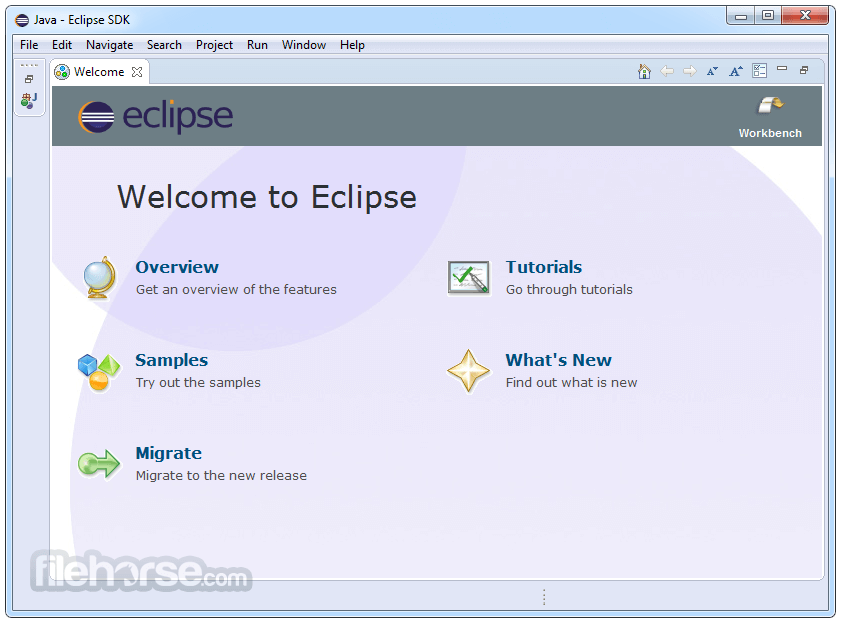
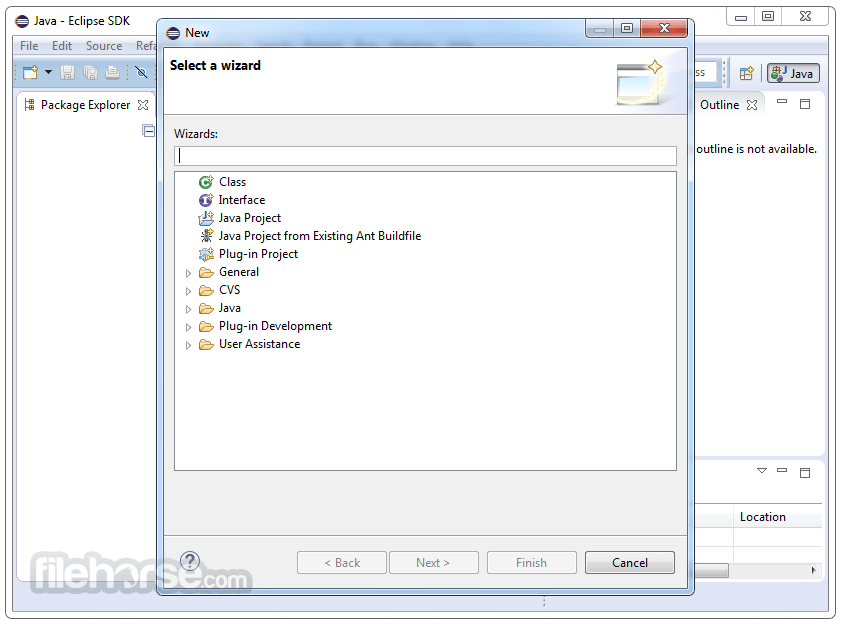
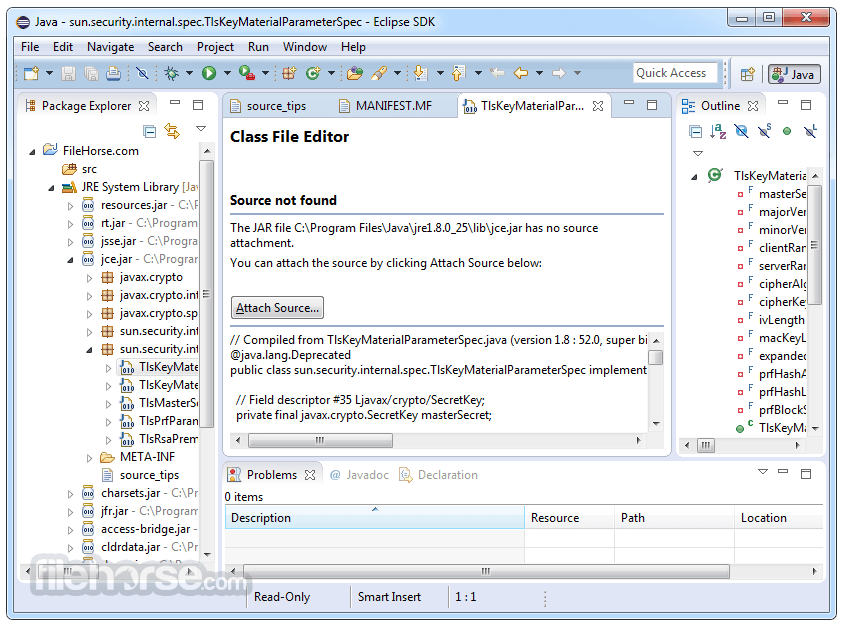
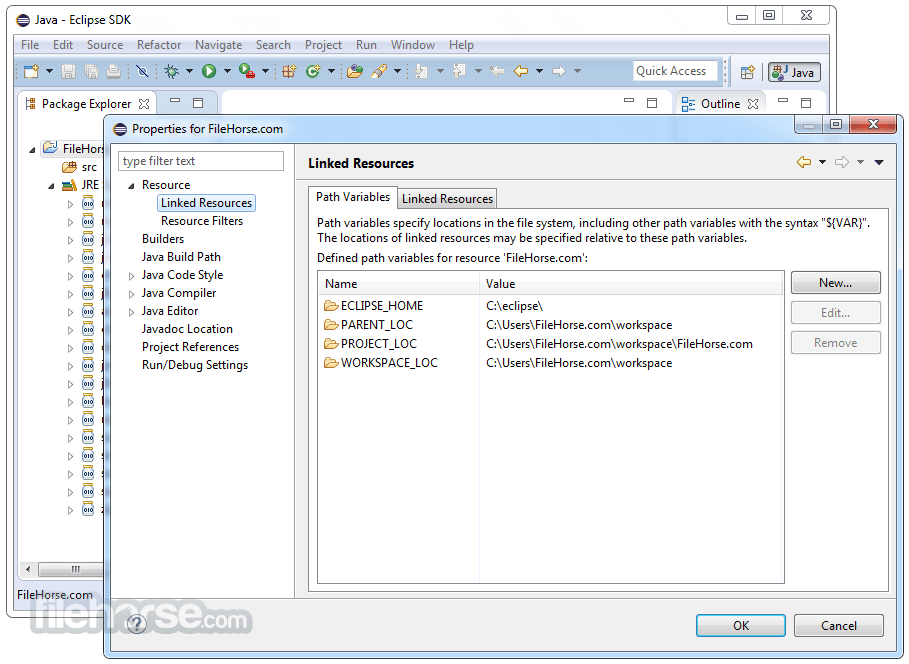
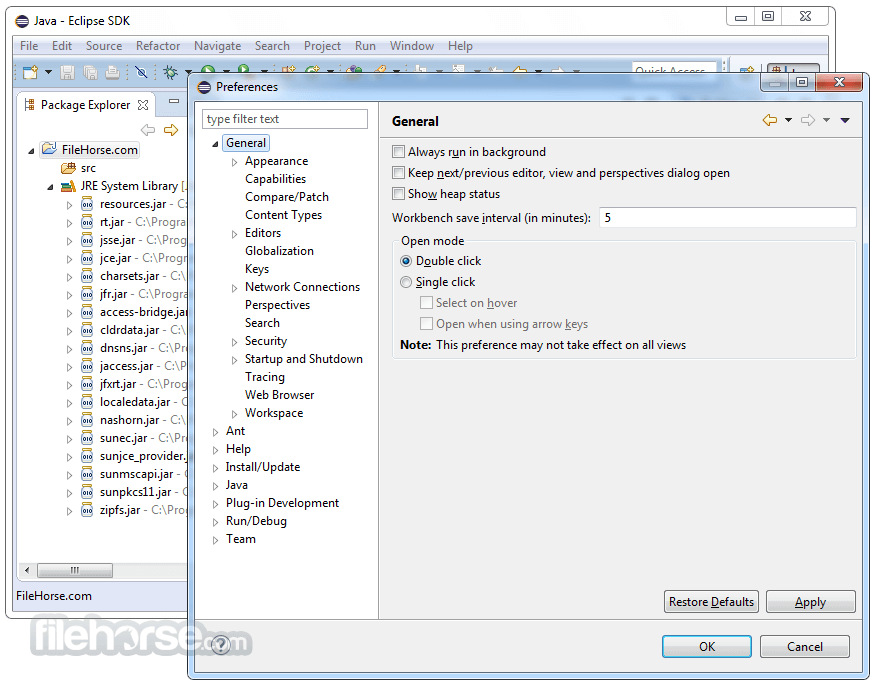





Comments and User Reviews